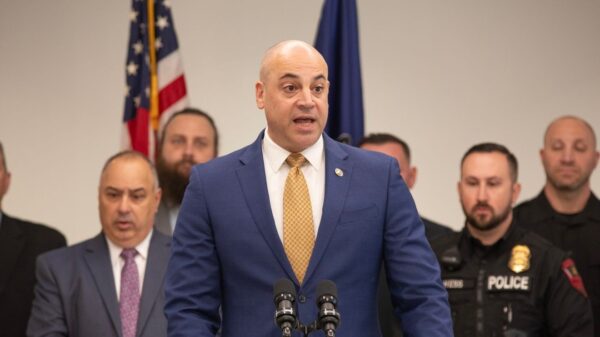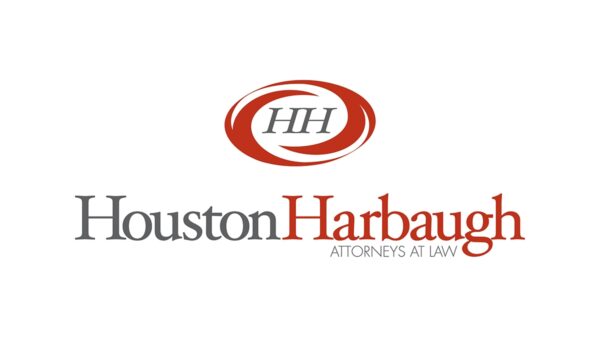The recent case of two male students from Lancaster Country Day School using artificial intelligence to generate nude images of fellow students has brought significant attention to the urgent need for regulatory changes in Pennsylvania regarding child protection laws. This incident was a focal point during a state Senate Committee hearing on November 10, 2023, held in a Montgomery County firehouse. The hearing aimed to explore potential legislative amendments to strengthen Pennsylvania’s mandatory reporting law to include **AI-generated** content.
The Senate Republican Policy Committee gathered experts from various fields, including law, child welfare, and technology, to discuss the implications of rapidly evolving AI technologies. The proposed legislation, introduced by Senator **Tracey Pennycuick** (R-Montgomery County), aims to include AI-created images in the types of child abuse incidents that **mandatory reporters**—such as educators and healthcare professionals—are required to report to child protection agencies and law enforcement. This initiative also has the support of **Lancaster County** state Senator **Scott Martin**, a significant figure in the Senate GOP leadership.
Pennycuick emphasized the pressing nature of AI technologies, stating, “Artificial intelligence is here. It’s not tomorrow, it’s not next week; it is already here and it’s powerful. And it has a lot of potential, but with that potential comes potential for harm as well.”
The Lancaster Country Day Case
The **Lancaster Country Day** incident involved the creation of nude images depicting 48 female students and others using **AI tools**. Despite the serious nature of these actions, the Lancaster County District Attorney did not charge school administrators for failing to report the AI-generated content upon its discovery in November 2023, as current laws did not classify possession and dissemination of AI pornography as child abuse.
**District Attorney Heather Adams** urged legislators to reconsider the existing mandatory reporting laws. In her view, the legislation must be amended to ensure that AI-generated child pornography falls under mandated reporting obligations. “AI can quickly and effortlessly produce imagery, voices, and identities that never existed in real life,” remarked **Angela Liddle**, CEO of the **Pennsylvania Family Support Alliance**, who testified in support of the proposed changes. She lamented the blurring line between imagination and violation in the context of child safety.
Normalization and Legal Challenges
Experts at the hearing expressed significant concerns about the **normalization** of AI-generated imagery depicting children, regardless of whether those children exist. **Leslie Slingsby**, CEO of **Mission Kids**, warned that such content might not only normalize the sexualization of children but could also overwhelm law enforcement with false reports. This scenario could hinder efforts to identify and rescue real victims of abuse. “Our child protection framework depends on mandated reporters—our teachers, our doctors, our social workers—acting when they see signs of abuse,” Slingsby stressed. However, many professionals are unsure whether AI-generated materials qualify for reporting, particularly when they feature entirely synthetic children.
In response to questions from **Republican Senator David Argall**, who represents **Schuylkill, Carbon, and southern Luzerne counties**, panel members acknowledged the challenge of creating flexible legislation that can adapt to the rapid advancements in AI technology. Slingsby admitted that the speed of AI development had outpaced the capacity to predict necessary legal frameworks.
The Role of Parents in Prevention
In the discourse about regulatory frameworks, Liddle highlighted that addressing the issue of AI-generated content isn’t solely a matter for legislation. She pointed out the need for parental education about these evolving technologies. “How do we ensure that mandated reporters receive accurate information while also educating parents, who are the first line of defense in preventing harm to their children in the digital world?” she questioned.
**Margaret Durkin**, Executive Director of **TechNet**, echoed this sentiment, emphasizing the importance of parental involvement in safeguarding children against the risks associated with AI. She noted that while the intent behind proposed legislative measures is important, balancing consumer protection with business innovation is also crucial.
**Chief Deputy Attorney General Angela Sperrazza**, who specializes in child protection law, called the proposed legislation “essential.” She noted that the trauma inflicted by AI-generated child sexual abuse material is compounded every time it is shared, reinforcing the need for updated laws that reflect current technological realities. “This bill aligns our child protection laws with our technological realities,” Sperrazza stated.
As Pennsylvania grapples with the implications of AI in the context of child protection, the outcome of this proposed legislation could set a precedent for other states facing similar challenges. The intersection of technology and child welfare presents a complex landscape, necessitating a multifaceted approach that includes legislation, education, and community involvement.
 Dubai’s Ethical AI Toolkit Drives $64B Economic Impact by 2030 Through Human-Centric Innovation
Dubai’s Ethical AI Toolkit Drives $64B Economic Impact by 2030 Through Human-Centric Innovation Anthropic Reveals Agentic AI’s Role in Major Cyber-Espionage Campaign Against 30 Firms
Anthropic Reveals Agentic AI’s Role in Major Cyber-Espionage Campaign Against 30 Firms Nvidia Faces Earnings Pressure as AI Stocks Dip; Analysts Predict Year-End Rally
Nvidia Faces Earnings Pressure as AI Stocks Dip; Analysts Predict Year-End Rally Nvidia Reveals 80% of Top Supercomputers Now Use GPUs, Transforming Scientific Computing
Nvidia Reveals 80% of Top Supercomputers Now Use GPUs, Transforming Scientific Computing Brands Double AI Adoption, Explore Generative Tools and GEO Strategies at AI Commerce Town Hall
Brands Double AI Adoption, Explore Generative Tools and GEO Strategies at AI Commerce Town Hall







































































